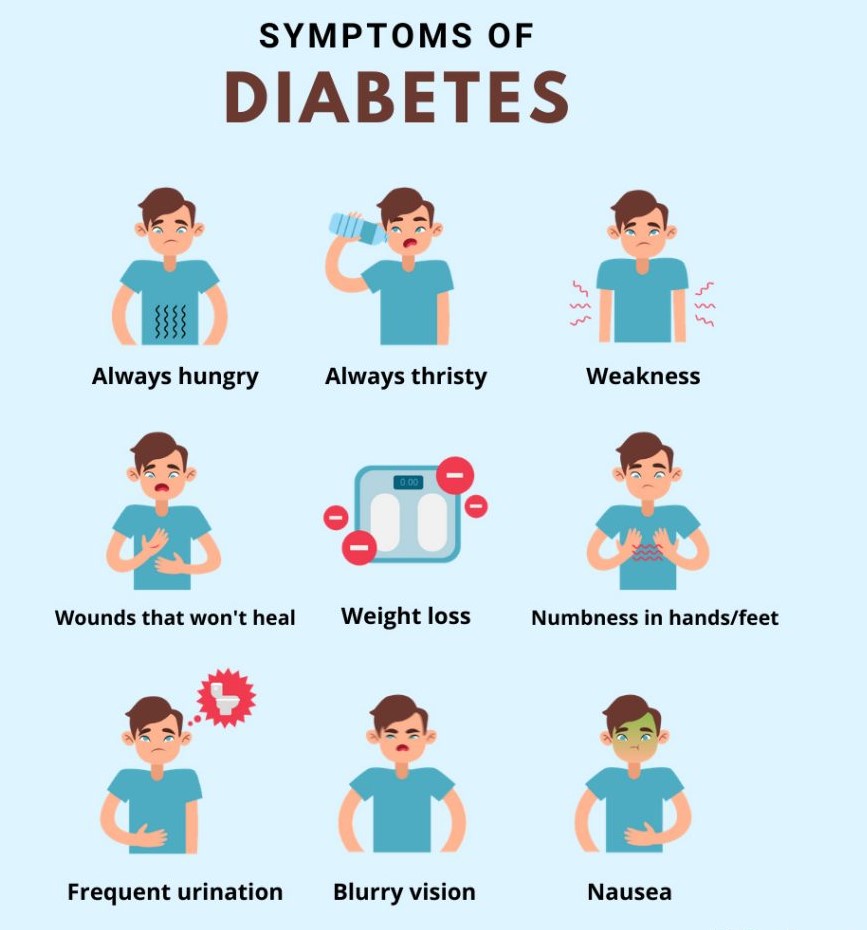The issue
Type 2 diabetes (T2D) is an escalating public health challenge in Uganda, driven by lifestyle changes and limited healthcare resources. The rapid urbanization and adoption of sedentary lifestyles have contributed to rising obesity rates and poor dietary habits, which are key risk factors for T2D. Many people lack awareness of the disease, resulting in late diagnoses when complications like heart disease and kidney failure have already set in. The healthcare system is strained by inadequate resources, limited access to specialized care, and the high cost of medication, making it difficult for many Ugandans, especially in rural areas, to receive timely and effective treatment.

Our main actions
Public Health Education and Awareness Campaigns
There is a need to increase awareness about T2D, its symptoms, risk factors, and prevention strategies. We are doing public health campaigns to educate rural communities on the importance of maintaining a healthy lifestyle, balanced diets, regular physical activity, and the risks associated with obesity. We engage community leaders and use it to help dispel myths and encourage early diagnosis.
Improved Healthcare Access and Resources
We are Increasing access to diagnostic tools, training healthcare professionals including VHTs in rural and underserved areas. Healthcare workers need the training in diabetes management and care to ensure early detection and continuous support for those diagnosed with T2D.
Subsidizing and Ensuring Access to Medication
We are reducing the financial burden on patients through lowering the cost of diabetes medication such as insulin and oral drugs. Ensuring that these essential drugs are available and affordable, will help improve diabetes management and prevent complications.
Promotion of Healthy Lifestyles
We are promoting healthy diets and encouraging physical activity are vital to preventing and managing T2D. We conduct education programs and the promotion of active living in schools, workplaces, and communities can help reduce obesity rates. We collaborate with other institutions to improve access to nutritious, affordable foods while discouraging the consumption of processed and sugary foods.
Strengthening Policy and Funding for Non-Communicable Diseases
We are advocating for the need to prioritize non-communicable diseases (NCDs), including T2D, by developing policies and allocating more funding for prevention and treatment programs. We also integrate diabetes care into the broader healthcare system and ensuring that NCDs are given attention in health planning will be crucial for long-term management of T2D in the country.
